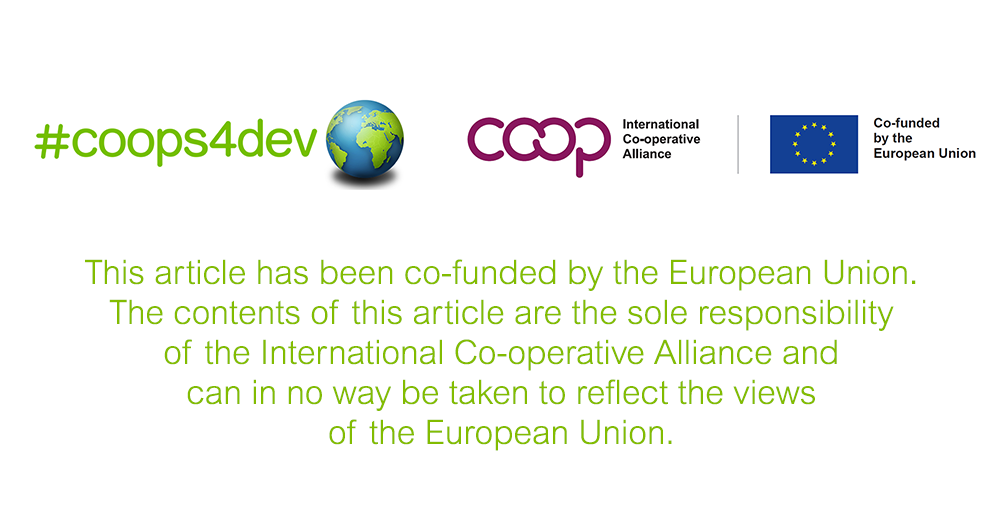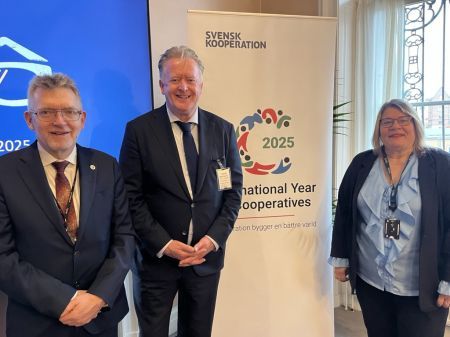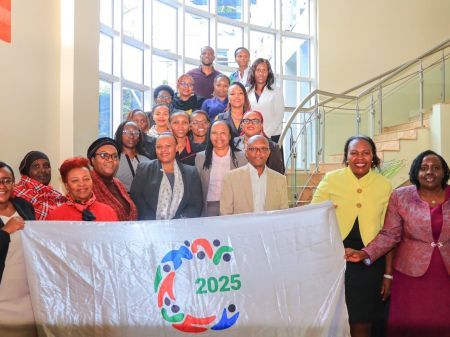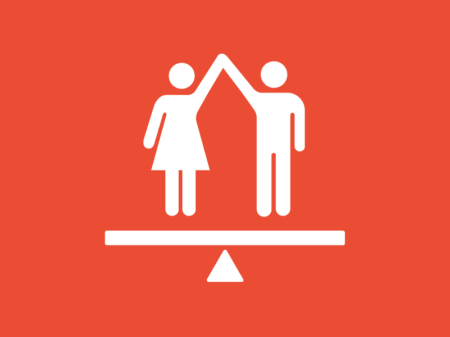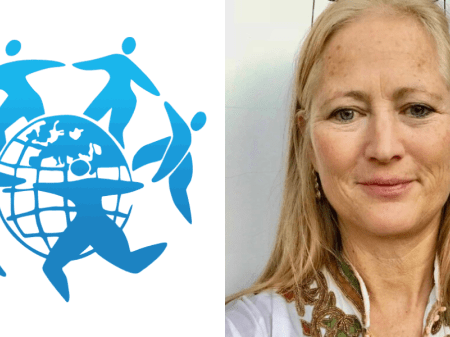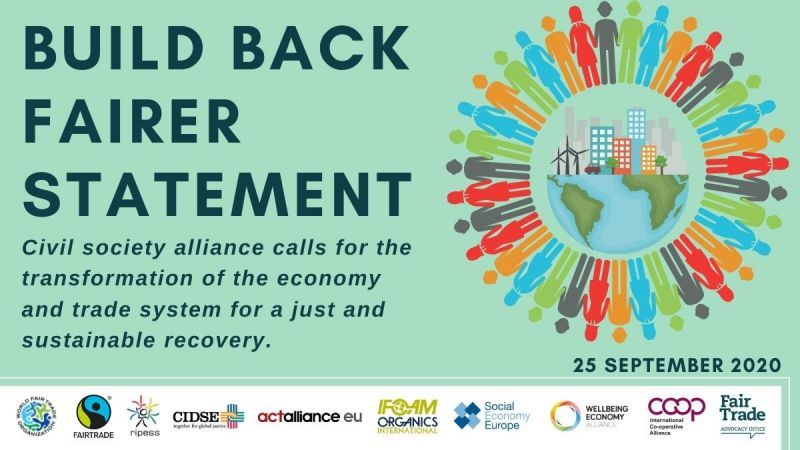
The current COVID-19 pandemic has unveiled and aggravated the existing inequalities in our economic and social systems. This evidence has impelled a number of Civil Society Organisations (CSOs), including ICA, to call for a transformation of the economy and trade systems to achieve a just and sustainable recovery. The Build Back Fairer Statement – released on the 25 September, the day that marked two years since the adoption of the International Fair Trade Charter – urges governments to not only “put in place support measures to ensure small producers and workers are resilient against future crises”, but, more importantly, to enable a “transformation of the economy and the governance of global supply chains” based on a list of political demands and recommendations.
The statement insists on an economic model that shifts from the short-term profit-driven strategies that benefit a privileged minority, towards a new economy based on cooperation, sustainability, equitability, transparency and environmentally-friendly practices. In addition, a set of concrete recommendations is offered to steer and materialise the requested social and economic change. These recommendations are organised in four axes: Protect, Restart, Redesign and Fair share of resources.
According to the ICA Director-General, Bruno Roelants, “celebrating two years of the International Fair Trade Charter, we would like to reiterate our commitment on building fairer and more sustainable economies for all, together with the Fair Trade movement. It is time to Re-act collectively to the challenges of our times and Re-shape business ecosystems to operate towards the well-being of people and the planet”.
Two years of the Charter for a trade system that works for people and planet
The cooperative movement endorses the Fair Trade Charter, recognised so far by over 450 organisations, since its signature in 2018. As people-centred businesses, cooperatives not only fully endorse the purposes stated in the Charter, but they directly contribute to ethical value chains via inclusive, sustainable and democratic working and trade practices that strengthens workers as well as the communities they serve. Together, the Cooperative and Fair Trade movements, represent key allies to implement needed changes at local level to achieve the global transformation of our economies in order to achieve justice, equity and sustainability for people and planet.
----------------------------------------
Discover more about international cooperative development on the #coops4dev? website
